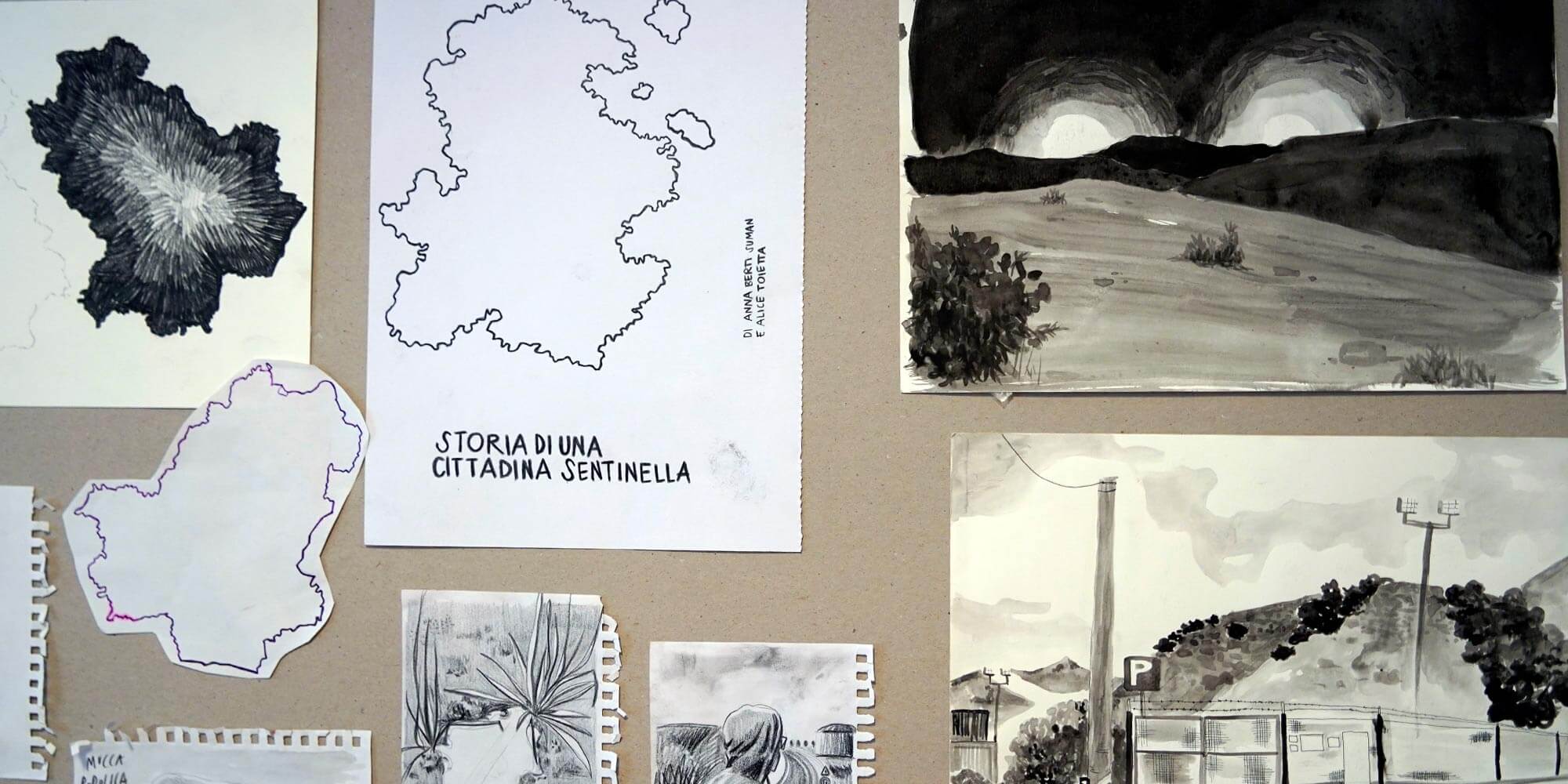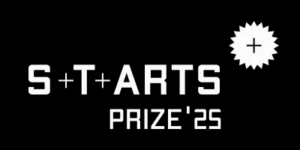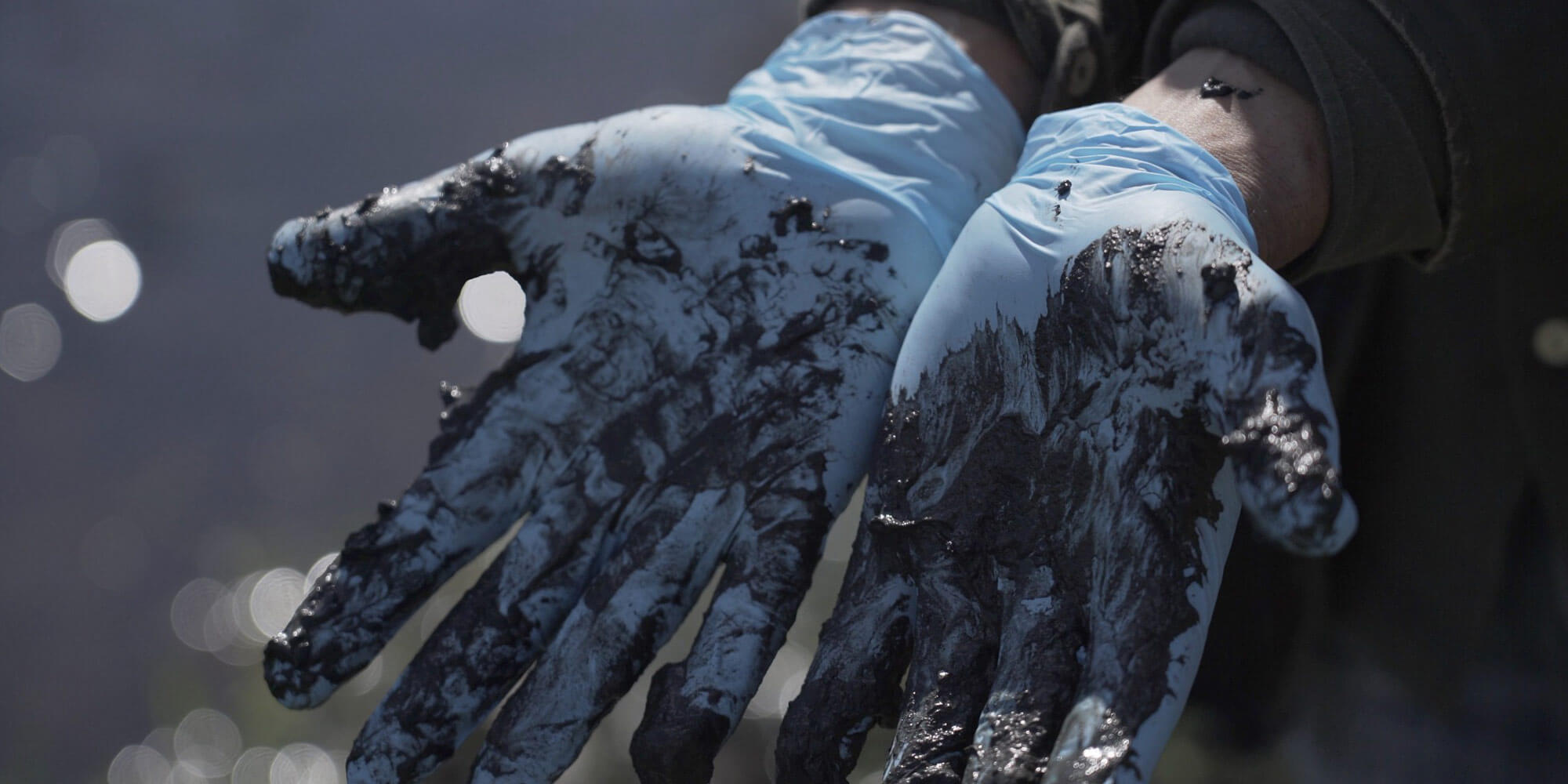Honorary Mention
www.sensingforjustice.webnode.it
cordis.europa.eu/project/id/891513
In 2019, a ground-breaking case was adjudicated in Texas, U.S., where fishers managed to prove corporate wrongdoings based on citizen-gathered evidence of plastic contamination perpetrated over years by the petrochemical giant, Formosa Ltd, in violation of the U.S. Clean Water Act and in the absence of proper institutional oversight. This successful case inspired us to search for similar cases also in Europe, where communities affected by corporate injustices can claim them in court based on civic evidence, gathered through their senses and/or sensor technology.
The Sensing for Justice – SensJus project was specifically launched to research the potential of grassroots-driven environmental monitoring as a source of evidence in environmental justice litigation, and as a tool to foster conflict mediation in Europe. A special focus was devoted to the poorest regions in the South of Italy, most affected by environmental and social inequalities, for example, the former mining areas of Sardinia, the Sulcis region, and the oil-rich valleys of Basilicata.
The research is carried out together with the communities and practitioners that are directly involved in collecting evidence, allowing their questions, imaginaries, and stakes to shape our approaches, for example through performative, visual and story-telling approaches. SensJus embraces “research-creation,” including experimental esthetic components as an integral part of the scientific study. We implement this practice through collaboration with artists and experts in the field.

SensJus sees creativity as a mode of care for and empathy toward our research topic. An example of this is Story of a civic sentinel, our graphic novel informed by field-based research, that tells about the achievements but also the challenges encountered by civic sentinels facing oil pollution. The novel serves both to raise awareness and to elicit reactions from research participants.
Credits
Author: Anna Berti Suman, European Commission – Joint Research Centre (JRC), Ispra
Project mentor: Sven Schade, European Commission – Joint Research Centre (JRC), Ispra
Artistic collaborators:
Freelance illustrator: Alice Toietta
Visual storyteller: Bela Pinheiro
Performer and social theater operator: Alessia Romano
The project received support of the Marie Skłodowska-Curie grant n. 891513, under H2020-EU, running from 2021 to 2023 (https://cordis.europa.eu/project/id/891513). A pilot of the project was developed previously thanks to the concluded research grant (2020-2021) of the Dutch Research Council NWO, the Rubicon fellowship n. 66202117. The artistic component of the project benefited from the synergy with the European Commission Joint Research Centre Art & Science initiative, in particular the Resonances IV Program on the theme “Naturarchy.”
Project Social Media URLs:
SensJus instagram page: instagram.com/sensing_for_justice
JRC instagram page: instagram.com/eu_science
Anna’s twitter page: twitter.com/Abesuman
Sven’s twitter page: twitter.com/innovatearth
The JRC twitter page: twitter.com/EU_ScienceHub
Anna’s linkedin page: linkedin.com/in/anna-berti-suman-439359132
Sven’s linkedin page: linkedin.com/in/sven-schade-7359bb10
Biography
Anna Berti Suman (IT) leads the project *Sensing for Justice* on the potential of civic monitoring as a source of evidence for environmental justice litigation and as a tool to foster conflict mediation. Previously, she ran the *Sensing the Risk* project on how civic monitoring initiatives can influence the governance of environmental risk. Anna is also a qualified environmental lawyer under the Bar of Rome, following cases related to environmental conflicts. Previously, she worked as a lawyer for Greenpeace International and for the Association of Affected People by Chevron-Texaco, Ecuador.
Jury Statement
The rule of law must prove itself in the enforcement of justice. This is especially true when parties with very different financial means clash in a legal dispute. In reality, however, it is often impossible for communities to enforce damages caused by corporations, such as environmental damage, because the burden of proof is already prohibitive for them. *Sensing for Justice – SensJus* starts exactly here and wants to initiate an effective example of citizen participation through research in a very comprehensive sense, including creative and artistic approaches. For good reason, the poorest regions of southern Italy, which are at the same time affected by massive environmental damage due to raw material extraction, were chosen as the focus. Remarkable is the exploration and research carried out together with the communities and practitioners, which through a special empathy mediated by performative, visual, and narrative approaches, come very close to the ideas and interests of the citizens. It is striking how this project uses creativity and research creation as forms of caring and empathy toward the research subject. Ultimately, this work is about nothing less than access to justice, particularly in the area of environmental law, which is so important, and thus a central concern of the EU Charter of Fundamental Rights.



